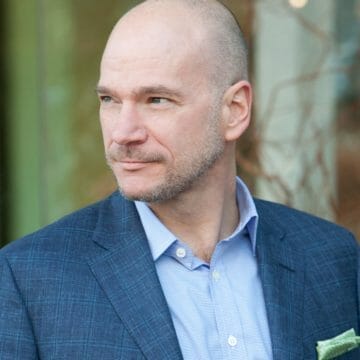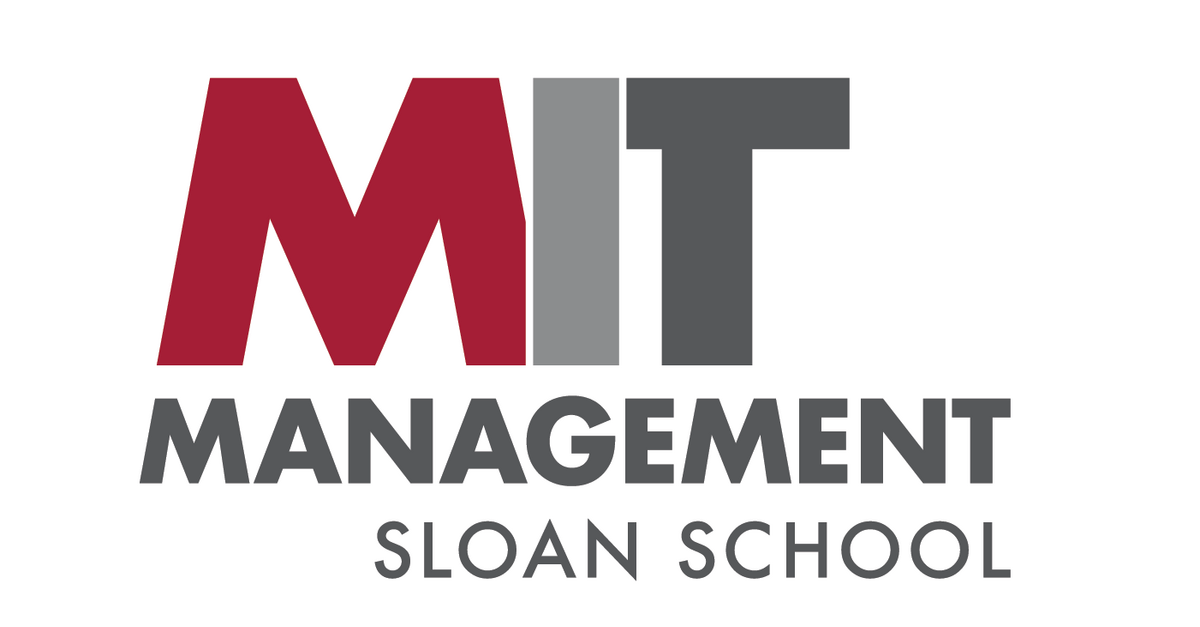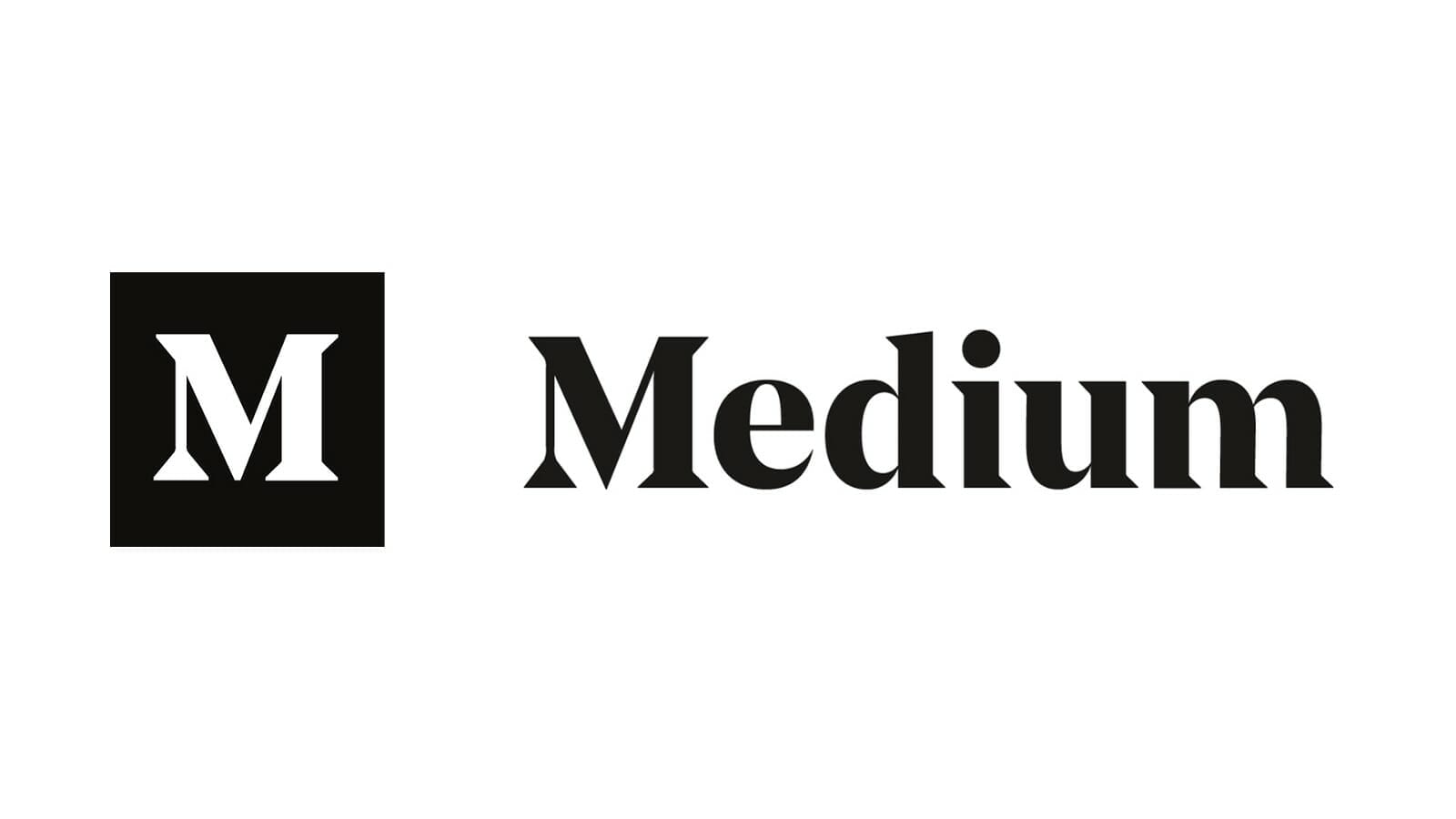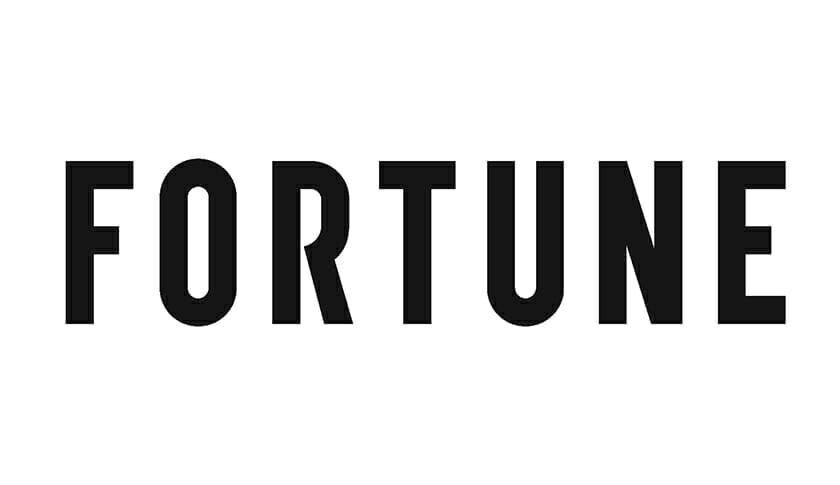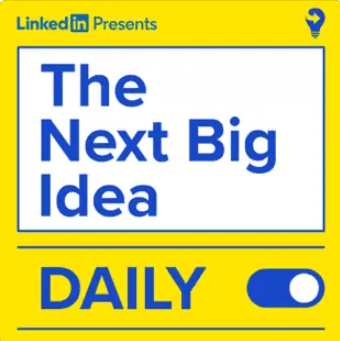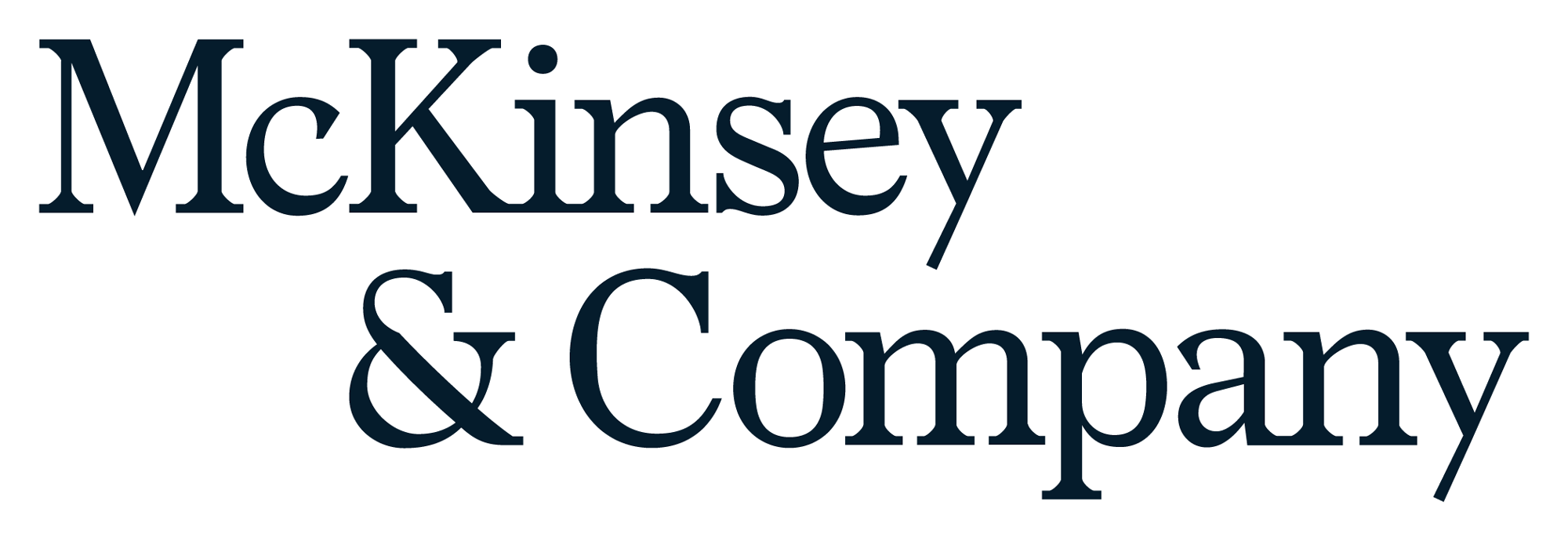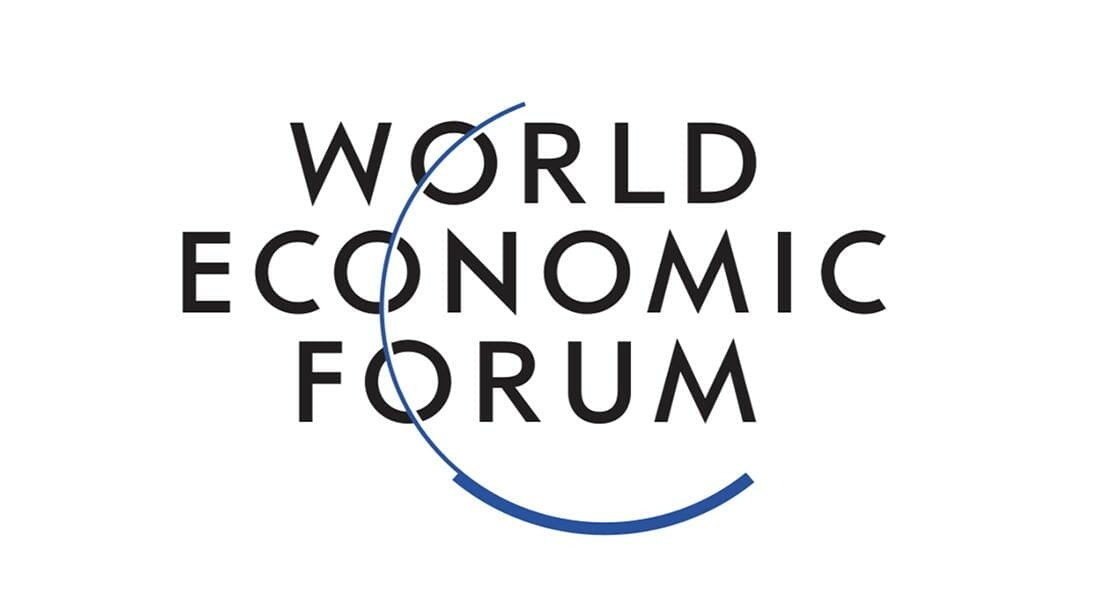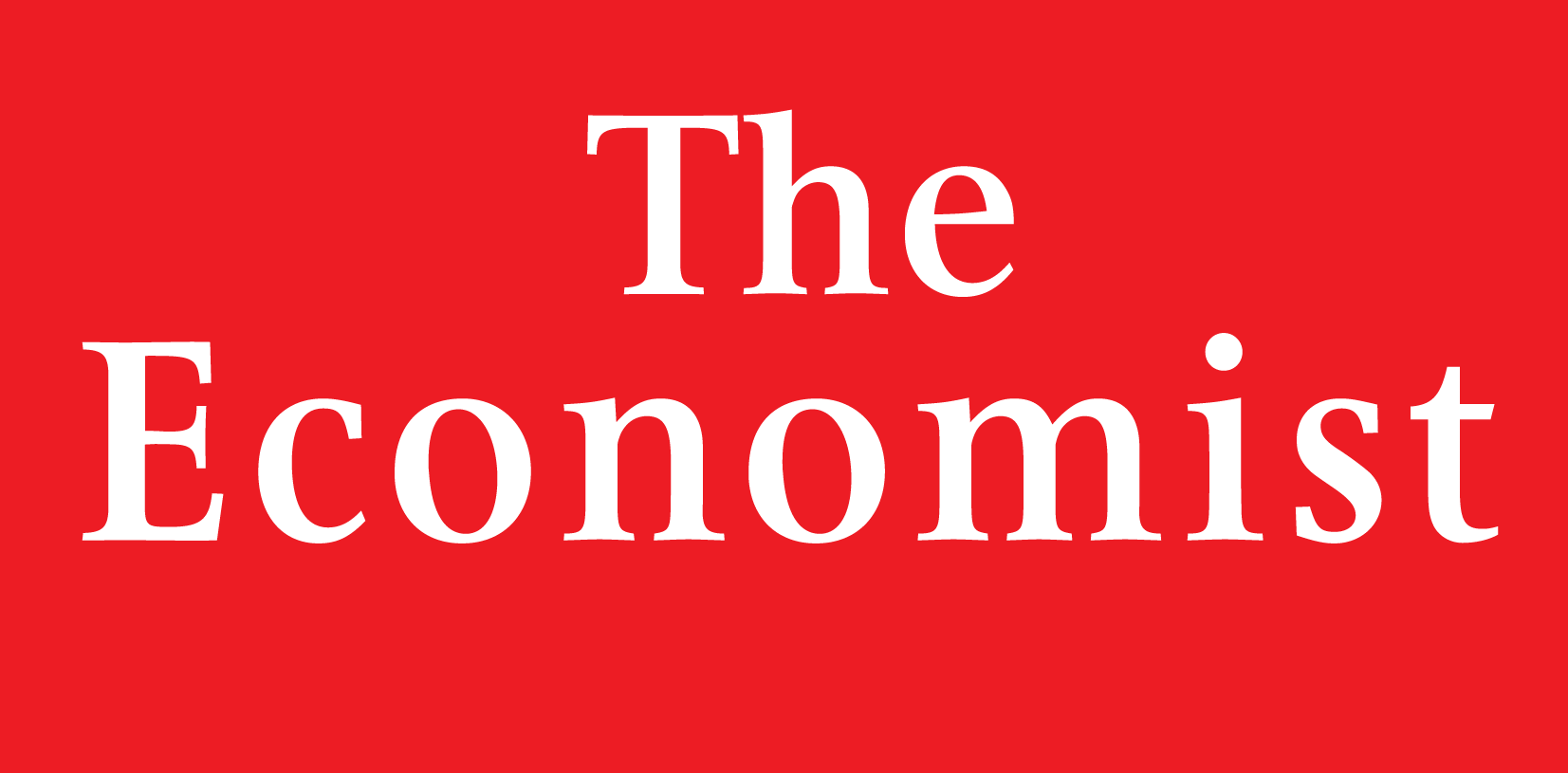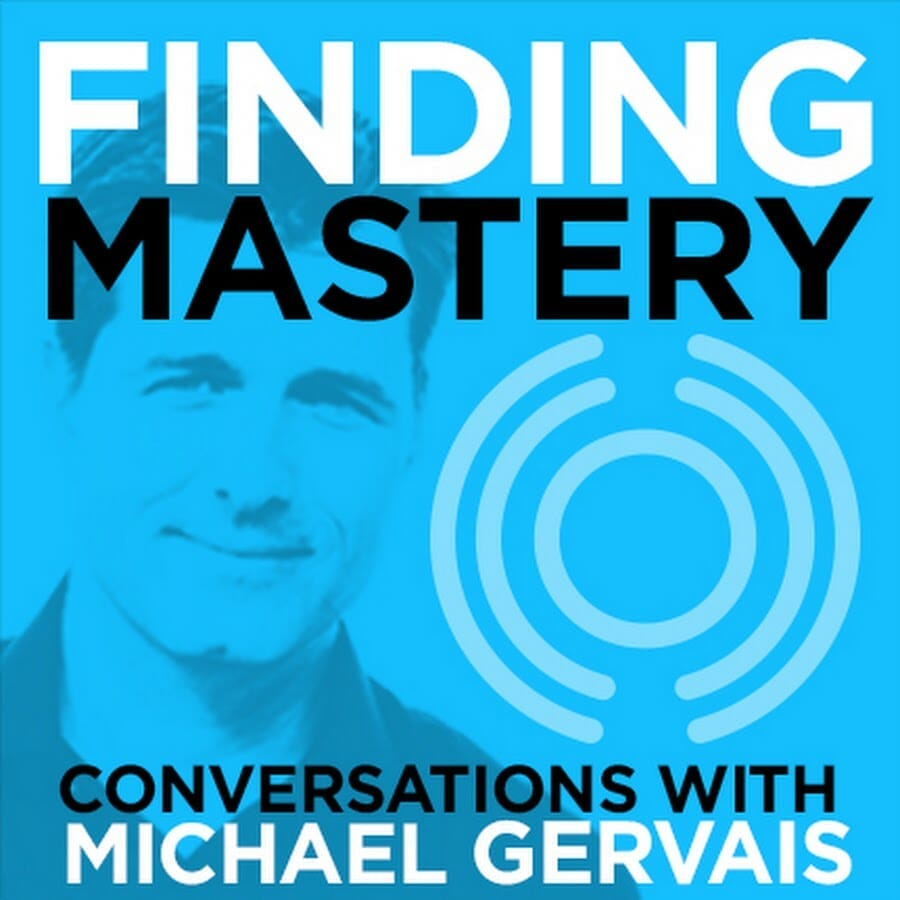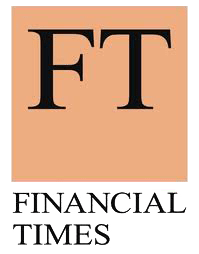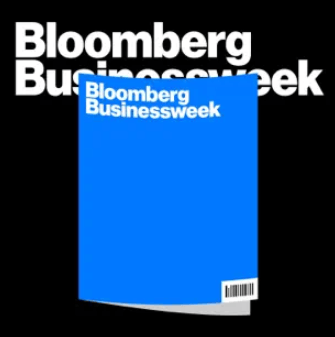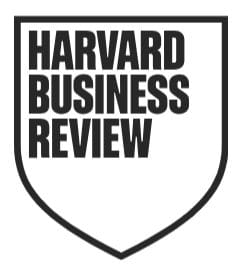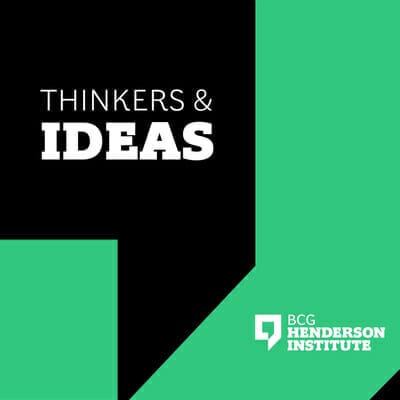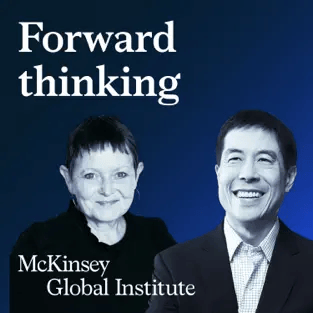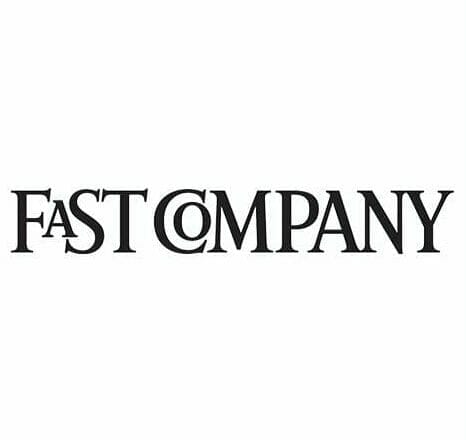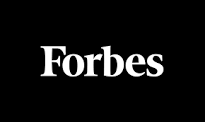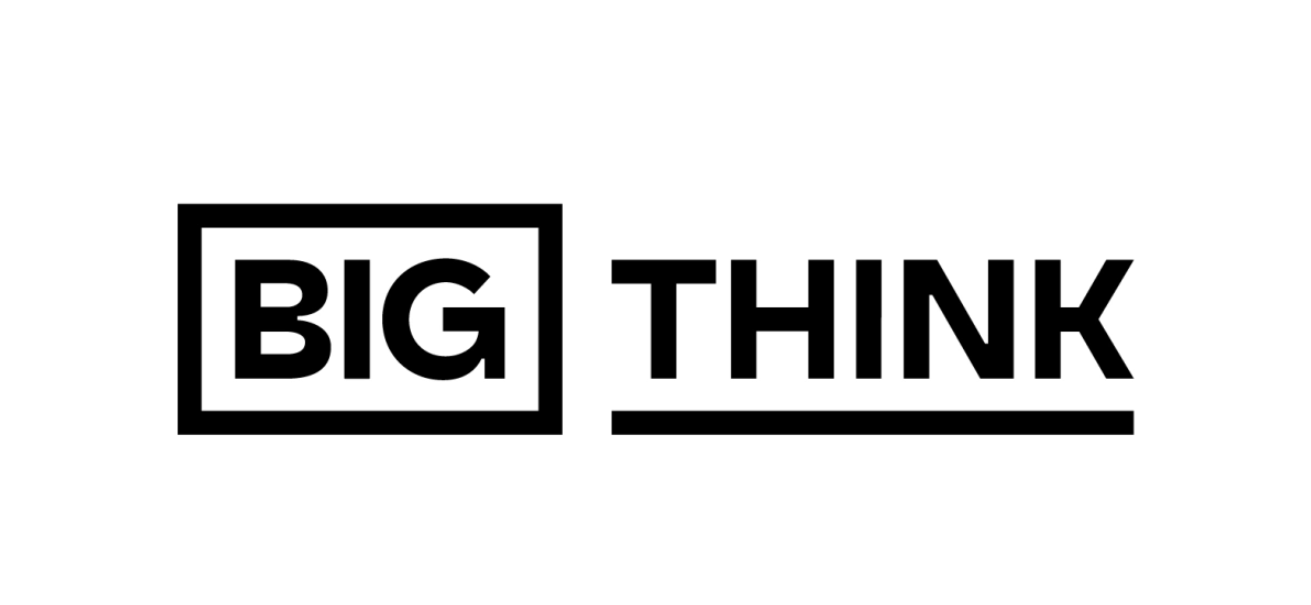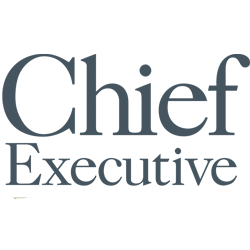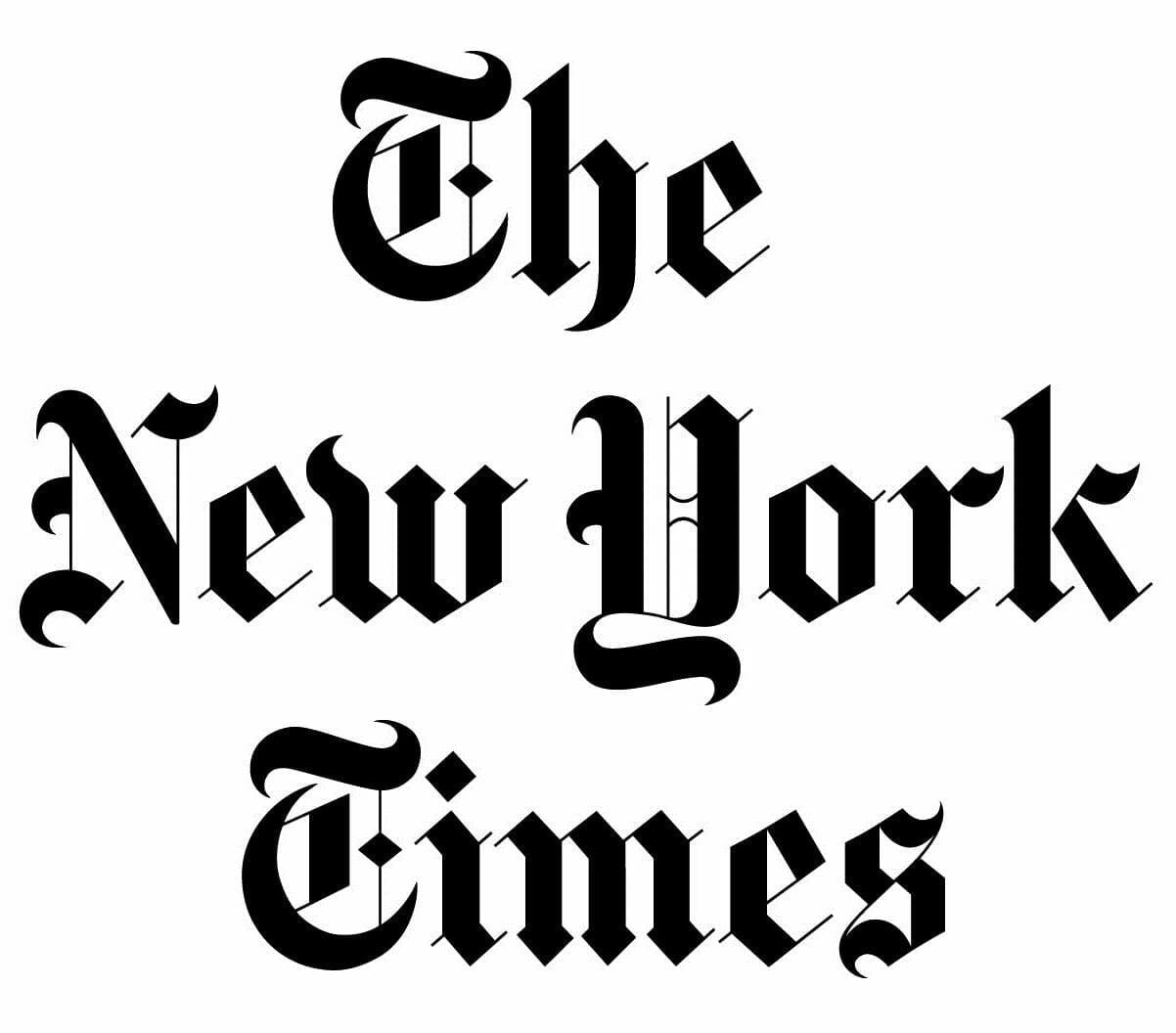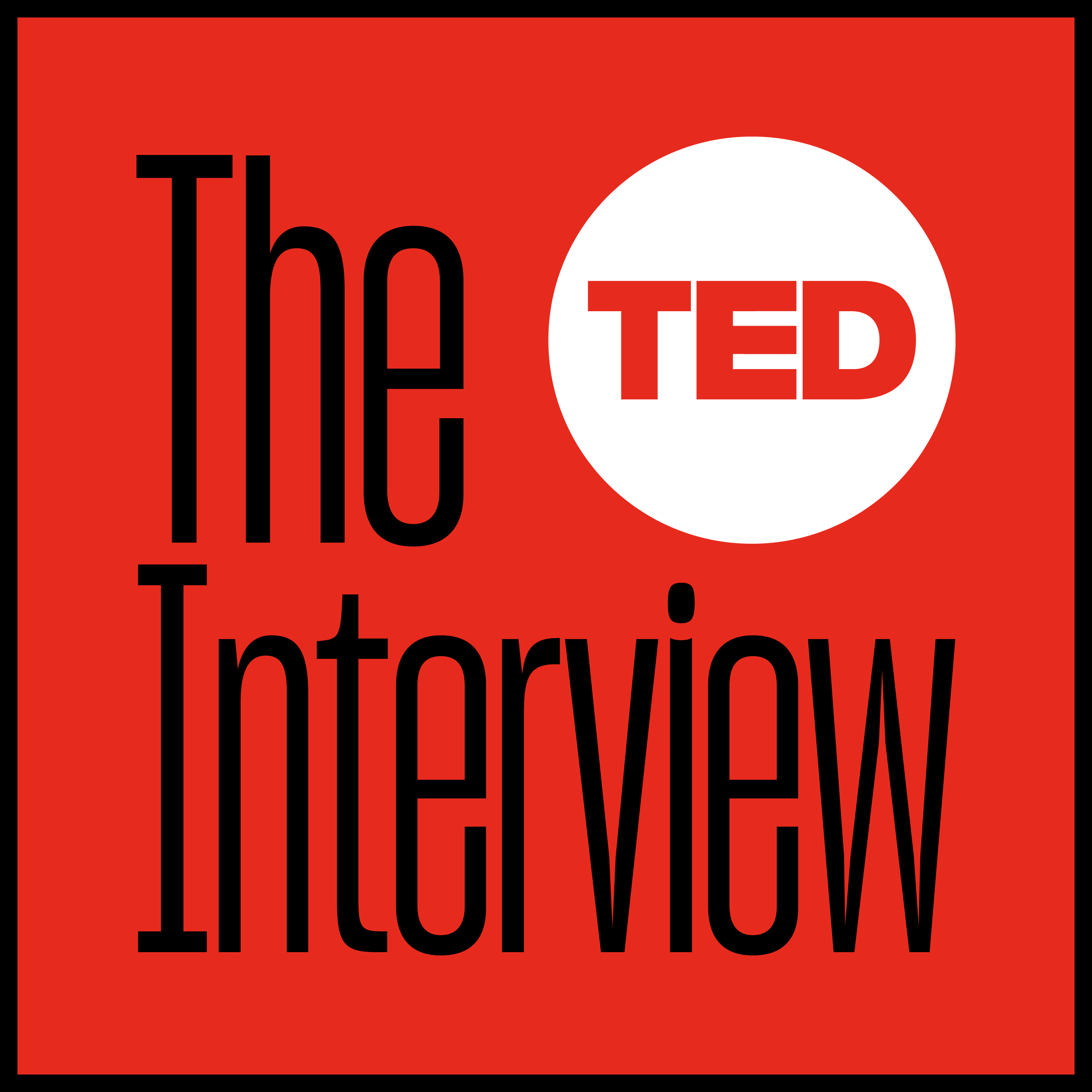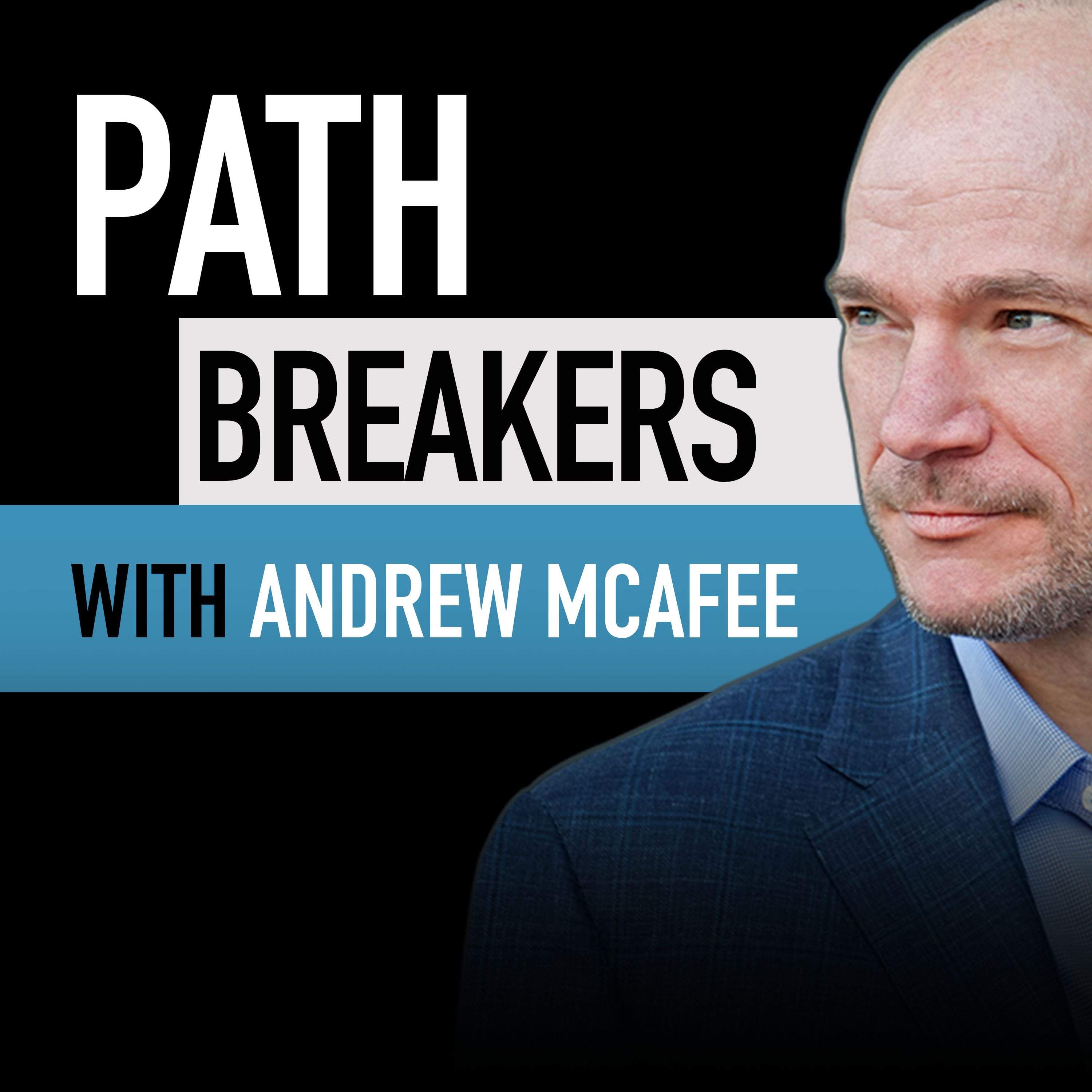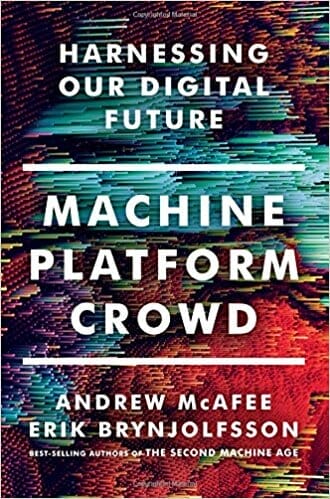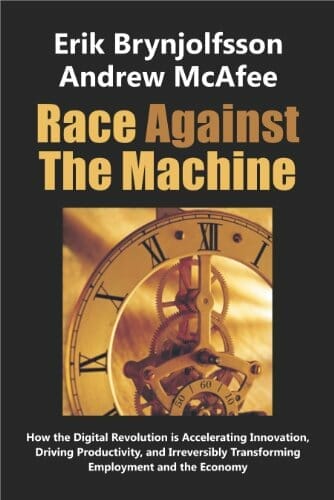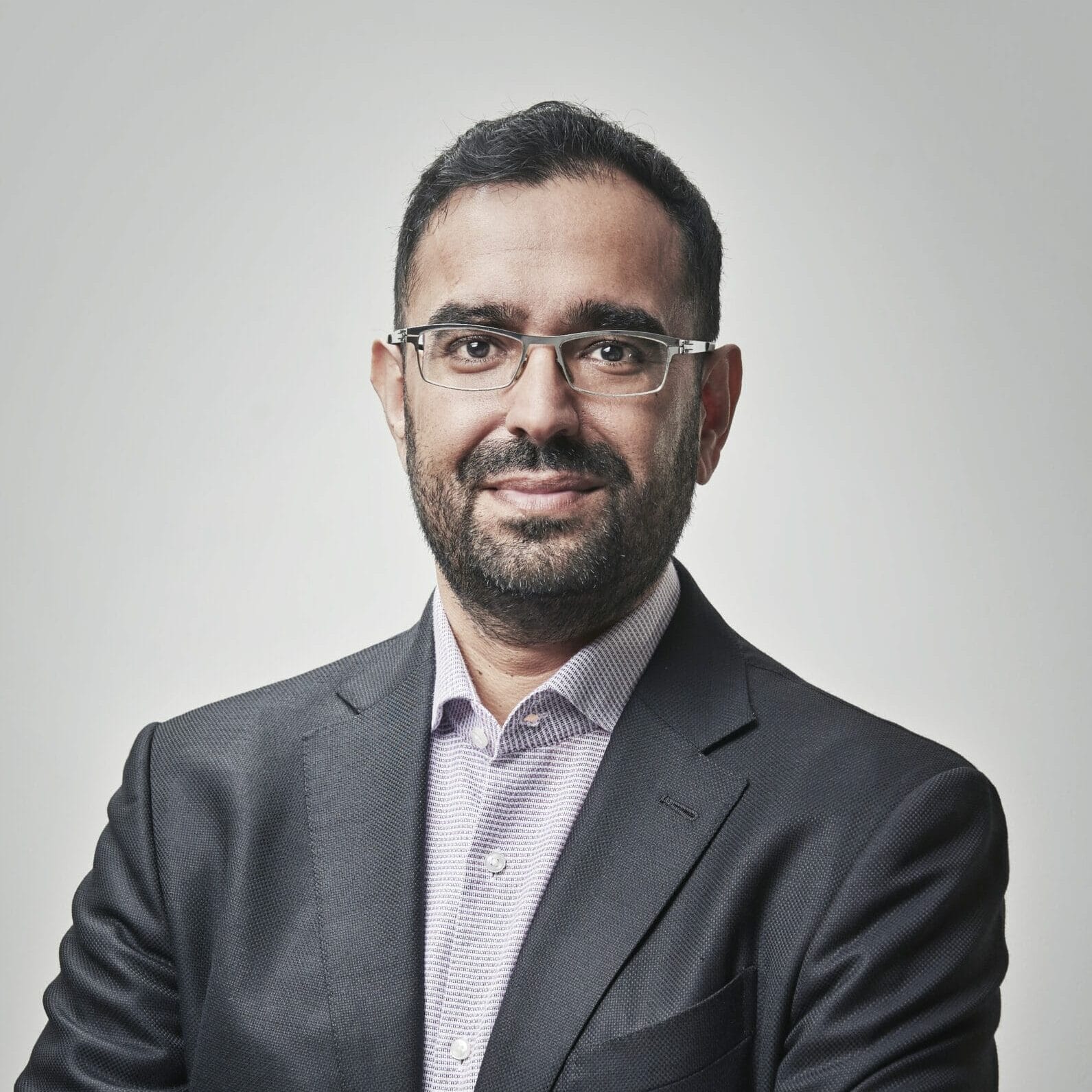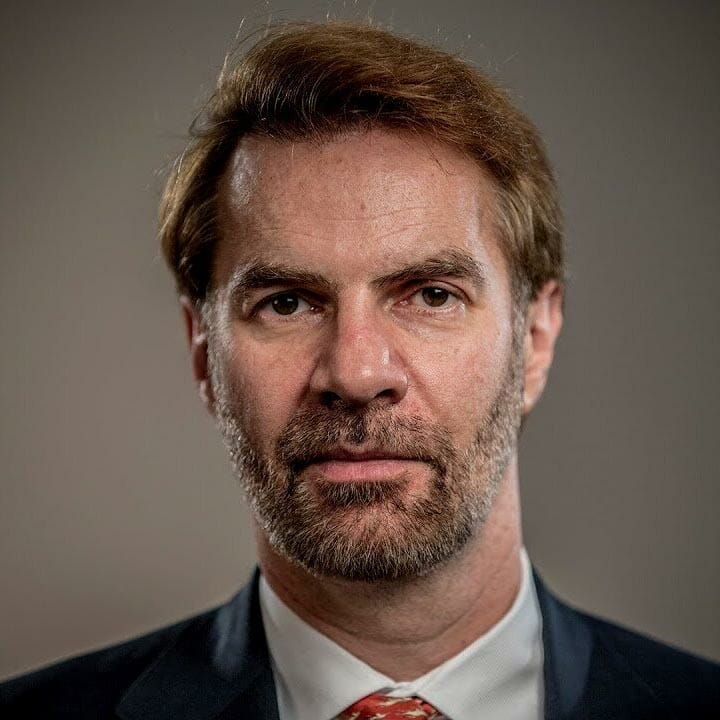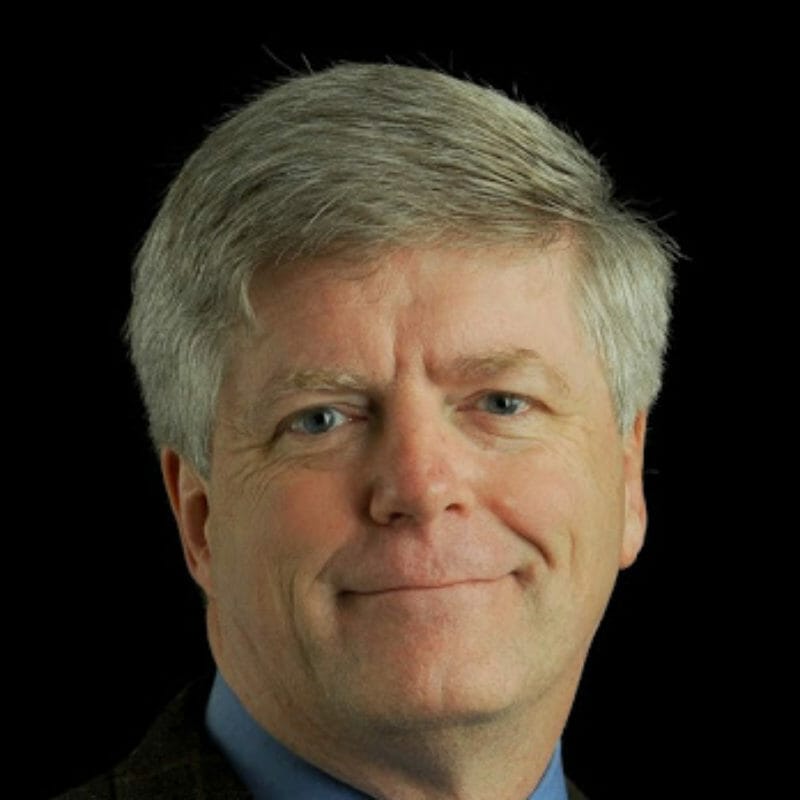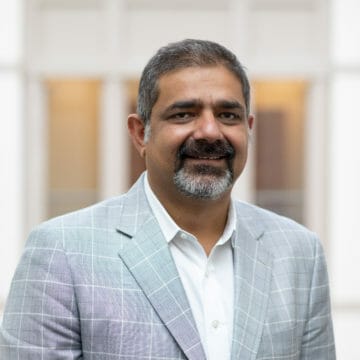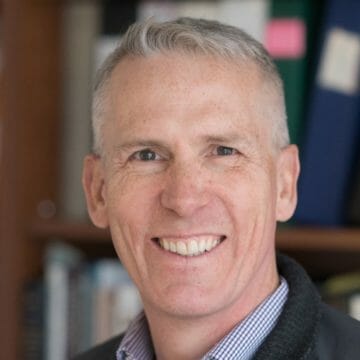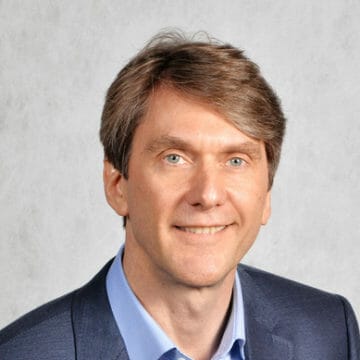Videos
Learn More About Andrew McAfee
As the pace of technological advancement increases every day, how can organizations apply a leadership stance that will prime their business to evolve and leverage emerging technology to supercharge innovation and bypass competitors?
For more than a quarter century, MIT principal research scientist and Google Technology and Society’s inaugural visiting fellow Andrew McAfee, Ph.D. has been studying how digital technologies like artificial intelligence change the world. His in-depth research on modern, tech-heavy firms – especially those in Silicon Valley – revealed a trend: these companies created cultures that helped them harness, adapt to and profit from emerging technology faster and more successfully than their competitors. He dubbed this agile, high-tech culture “The Geek Way.”
In his latest book, “The Geek Way: The Radical Mindset that Drives Extraordinary Results” (Little, Brown and Company, November 2023), McAfee investigates what the geeks are doing differently and why it works so well. Geek companies, he says, are much more freewheeling, fast-moving, evidence-driven, egalitarian, argumentative and autonomous than their Industrial Era predecessors. As a result, they are standout performers and fierce rivals, disrupting industry after industry – and they’re just getting started.
Though a lot of geek companies are tech firms based in northern California, McAfee says “geek” is not a synonym for “high tech” or “Silicon Valley.” Instead, it’s a label for a company that consistently follows four norms: science, ownership, speed and openness. “The Geek Way” explains why those norms work so well, how the geeks put them into practice and how any company can get geekier.
“Traditionally, it seemed like there was always a tradeoff in business. A company might be innovative but struggle with execution or agility. They’d rarely be good at all three,” says McAfee, co-founder of MIT’s Initiative on the Digital Economy. “At these ‘geek’ companies, those tradeoffs have disappeared. They are consistently good in all three areas. As a result, competitive battles between geek and non-geek companies really aren’t fair fights. In my book, I look at how and why that is and how any company can adopt geek cultures so they can successfully execute on their missions and not get left behind.”
The AI Advantage of Geek Companies
McAfee also points out that geek companies are better prepared to take advantage of emerging technologies like generative AI and offers organizations deeply researched insights into the technology, including how to capitalize on generative AI and realize its benefits while limiting its risks.
“This is an incredibly powerful technology and it’s naïve to think that because it’s easy to access that it’s going to be a competitive leveler – it’s the opposite.” McAfee explains. “Generative AI is going to further differentiate the companies that are set up to succeed with technology from those that aren’t.”
According to McAfee, the hard part is being able to change a business to actually take advantage of this transformative technology. That, he explains, is what the geeks are good at.
A technology optimist and an expert on human-machine interaction and the future of work, McAfee has been shining a bright light on the far-reaching impact of technology since his first book, 2009’s “Enterprise 2.0”. In 2011 he and co-author Erik Brynjolfsson released their paradigm-shifting book “Race Against the Machine.” Their next two books, The New York Times bestsellers “The Second Machine Age“ (2014) and “Machine, Platform, Crowd” (2017), expanded on the theme of how tech progress was reshaping societies, industries and businesses. In 2019, McAfee went solo with his pessimist-defying book “More From Less” in which he shares profound examples of economic and environmental progress driven by a combination of powerful technologies, economic freedom, public pressure and smart regulation and policy.
As a speaker and advisor, McAfee offers organizations in every industry data-driven insights into existing and emerging tech trends. His work is particularly valuable to decision makers and innovators at financial institutions, manufacturers, health care organizations and government agencies, and to firms interested in emerging technologies that can streamline operations, enhance innovation and offer a competitive edge.
“A century ago, factories were in the process of switching over from steam to electric power,” explains McAfee in the opening of “The Geek Way.” “This transition took a while, but it was inevitable because electricity was simply better along every dimension. Something similar is going on now. Geek companies are simultaneously better at innovation, execution and agility than their predecessors, and we can even show evidence that they’re taking over.”
# # #
Andrew McAfee is an MIT Principal Research Scientist, co-founder of MIT’s Initiative on the Digital Economy, and Google Technology and Society’s inaugural Visiting Fellow. For decades, McAfee has been studying how technology is changing the world — economies, business models, work and the environment. He has written for major publications, including Foreign Affairs, Harvard Business Review, The Economist, The Wall Street Journal and The New York Times. He’s talked about his work on CNN and 60 Minutes, at the World Economic Forum, TED, the Aspen Ideas Festival, with Tom Friedman, Fareed Zakaria and Andrew Ross Sorkin, and in front of many international and domestic audiences. He and Erik Brynjolfsson are the only people named to both the Thinkers50 list of the world’s top management thinkers and the Politico 50 group of people transforming American politics.
Andrew McAfee is available to advise your organization via virtual and in-person consulting meetings, interactive workshops and customized keynotes through the exclusive representation of Stern Speakers & Advisors, a division of Stern Strategy Group®.
How to Thrive in the Age of AI
AI is the most powerful technology since the Industrial Revolution. It’s already reshaping industries, companies and competition itself, and the biggest upheavals are still to come. So what’s going to separate the disruptors from the disrupted in the Age of AI? In this talk, Andrew McAfee, Ph.D. explains that in order to succeed and gain competitive advantage with this extraordinary technology, organizations need to walk away from much of the conventional wisdom of the Industrial Era. And do what instead? Embrace what he calls the “geek way:” a new set of practices and philosophies incubated in Silicon Valley and now quickly spreading throughout the economy. The Geek Way yields modular, iterative, responsive, egalitarian, data-driven, fault-tolerant organizations — exactly the kind that succeed at putting powerful new tools to work.
The Geek Shall Inherit the Earth: Competition and Value Creation in the Age of AI
In the 21st century so far, more than 60% of all of America’s total stock market gains have come from companies inside the “15×75 box:” founded within 15 miles of Palo Alto since 1975. What’s going on inside this box? Part of the answer, of course, is that it’s the home of the U.S. high-tech industry, which has produced a lot of extraordinarily valuable companies. But the rest of the answer is much more interesting. In this talk, Andrew McAfee, Ph.D. will describe how the most profound innovation to come out of the 15-by-75 box isn’t hardware or software; it’s instead a new and improved way to run a company, in any industry. Companies practicing this “geek way” have already disrupted industries as diverse as automaking, entertainment and space exploration. And as McAfee reveals, they’re just getting started.
The Future of Work — and the Workforce — in the Age of AI
AI is extraordinarily powerful and flexible – it’s the ultimate general-purpose technology. Is it finally going to bring us into a jobless future of highly automated companies? In this talk, Andrew McAfee, Ph.D. will explain why this particular future isn’t coming anytime soon, and in fact, how many of the skills that people already have are going to become even more powerful and valuable in the age of AI. There’s a lot of upskilling, reskilling and work redesign ahead of us, but there are also a lot of jobs that need to be done, by people. McAfee reveals how successful companies will combine digital and human capabilities. AI won’t replace all the workers, but people who know how to work with AI will replace those who don’t.
America’s Tech Advantage, and How to Keep It
America’s high-tech sector is the crown jewel of its economy. No other country comes close to matching our prowess with hardware and software, and our ability to commercialize them around the world. But our advantage runs even deeper, because America has upgraded the most powerful technology of them all: the company itself. Over the course of the 21st century so far, a cluster of builders, innovators and founders has walked away from much of the conventional wisdom of the Industrial Era. In this talk, Andrew McAfee, Ph.D. will describe how they came up with the “geek way:” a new set of practices and philosophies incubated in Silicon Valley and now quickly spreading throughout the economy. The Geek Way yields modular, iterative, responsive, egalitarian, data-driven, fault-tolerant organizations — exactly the kind that succeed in the turbulent environment of today. And tomorrow.
EU Competitiveness: It’s Even Worse Than It Looks
In 2024, Mario Draghi released a bombshell report on EU competitiveness that made clear the region is falling behind in productivity and innovation. As Andrew McAfee, Ph.D. pointed out at the time, though, the Draghi report actually understated the problem. McAfee created a visualization comparing the size of the U.S. and EU tech sectors; it made clear the enormous gap between the two, and went viral. In this talk, McAfee expands the conversation to show that because Europe is falling behind in tech, it’s also lagging in autos, aerospace and other significant sectors for the EU. His message is that unless Europe makes significant changes in its approaches to regulation and entrepreneurship, it will fall farther behind.
Ensure Long-term Growth by Digitally Transforming Your Operating Model
The key factor that drives the success of tech giants like Amazon, Google, Facebook and Uber lies in their ability to leverage a digital operating model. Traditional businesses are getting left behind as these digital giants take over the economy, says MIT digital economist and data scientist Andrew McAfee, Ph.D., co-founder of MIT’s Initiative on the Digital Economy. In this talk, he explains why traditional companies must digitally transform their business if they want to survive in the new economy, how they can successfully make the transition, and what they need to do to prepare their workforce for the future.
Uncovering Corporate Dysfunction: What Smart Companies Are Doing Differently
Why do some businesses fail? What factors within your organization are creating bad habits and how do you break them? Do stock values reflect the real value of a company? MIT principal scientist and digital economist Andrew McAfee, Ph.D. studies such dynamics within organizations, economies and industries and uses his research to help leaders identify and fix problems. In this talk, he shows participants how to leave behind inefficient and outdated systems and how to shape new business models that can leverage emerging opportunities for growth.
Building Business While Minding the Environment
Growth does not have to happen at the expense of the environment, says MIT principal scientist and digital economist Andrew McAfee, Ph.D. He and his research team have collected massive amounts of data showing how technology has contributed to increased economic growth and decreased use of energy and natural resources since the 1970s. In this talk, he shares that data and offers up smart strategies for driving profits while taking less from the earth. In the process, participants get a sneak peek at emerging trends and technologies that will help them strike a balance between profit and purpose going forward. They also learn how to understand and address systemic problems within an organization or at the public policy level with solutions McAfee continues to uncover in his research.
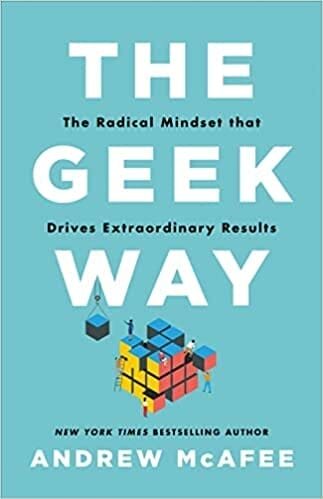
The Geek Way: The Radical Mindset that Drives Extraordinary Results
(Little, Brown & Company, November 2023)
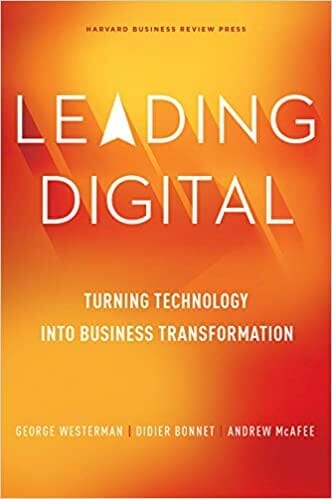
Leading Digital: Turning Technology into Business Transformation
(Harvard Business Review Press, October 2014)
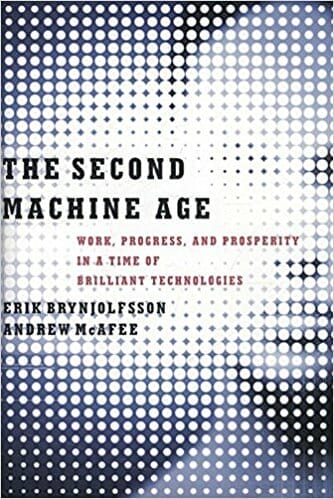
The Second Machine Age: Work, Progress, and Prosperity in a Time of Brilliant Technologies
(WW Norton, January 2014)
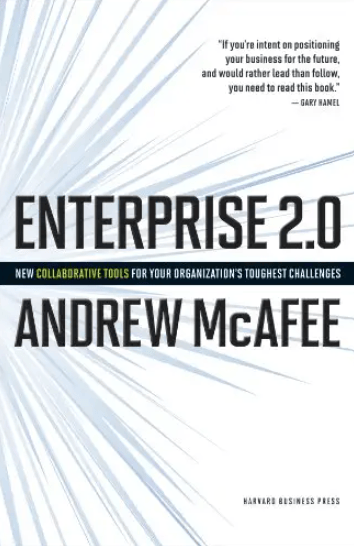
Enterprise 2.0: New Collaborative Tools for Your Organization's Toughest Challenges
(Harvard Business Review Press, November 2009)
Drive Unprecedented Success by Embracing the Geek Way
Digital economist Andrew McAfee is a world-renowned authority on digital technologies such as generative AI that are changing the world – economies, business models, work and the environment. Author of “The Geek Way” as well as a highly sought-after speaker, advisor and futurist, he offers organizations data-driven insights into existing and emerging trends. His advice is particularly valuable to decision makers at financial institutions, health care organizations and government agencies, and to firms interested in emerging technologies that can streamline operations, enhance innovation and offer a competitive edge. Since much of McAfee’s work looks at ways technology can help solve larger societal problems, he is also an excellent resource for corporate social responsibility leaders and organizations interested in balancing profit with purpose. McAfee helps organizations in every industry prepare for the future impacts of technology such as generative AI. He can cover any or all the following topics during virtual or in-person advisory meetings or executive education workshops, which can be customized to meet the needs of your organization and the size of your audience.
- Reach New Heights of Success by Running Your Business The Geek Way
- How to Thrive in the Age of AI
- Competition and Value Creation in the Age of AI
- The Future of Work — and the Workforce — in the Age of AI
- Geeky Leadership
- America’s Tech Advantage, and How to Keep It
- EU Competitiveness: It’s Even Worse Than It Looks
- Business Model Transformation/Digital Transformation
- Uncovering Corporate Dysfunction
- Building Business While Minding the Environment
- The Future of the Global Economy
- Technologies That Supercharge Innovation Processes
- Economic Freedom Through Smart Regulation
- Work, Progress and Prosperity in a Time of Brilliant Technologies
- Leveraging Platforms and Crowds
Modern Management the Geek Way – an Interactive Workshop
In an age where artificial intelligence systems are no longer just being implemented by the highest of high-tech companies, leaders who adopt “The Geek Way” of managing their organization have the opportunity to unlock a powerful competitive edge. Learning through hands-on exercises provides an unrivaled understanding of why “the geek way” – the management style perfected by agile Silicon Valley startups – is a better way to run a company. In this highly interactive workshop designed specifically for senior leaders and rising managers across sectors, Andrew McAfee, MIT Principal Research Scientist and author of “The Geek Way” – one of The Economist’s Business Books of the Year – takes participants on a deep dive into why industry-leading disruptive companies are so obsessed with speed and agility. Through real-world examples, interactive discussions, demonstrations and hands-on activities, participants will gain new insight into how “geeks” build companies that get things right, even when the conventional wisdom is wrong. Leaving with a practical organizational survey, leaders will be equipped with immediately actionable tools to build a new geeky management ethos that will leave the competition reeling.
"The Geek Way" Foreward
I strongly believe that great technology entrepreneurs aren’t just technology geeks, they’re also business geeks. In the words of Apple’s famous advertising campaign, they find ways to “think different.” They apply their insatiable curiosity and love of experimentation to the challenge of building better products and companies. But while most people recognize that we now live in a veritable Age of Geekdom, no one seems to have analyzed and explained the core principles and mechanisms of business geekery. Even my own books, such as The Alliance and Blitzscaling, which definitely geek out on people management and building multibillion-dollar businesses respectively, don’t examine the meta question of why the geeks have inherited the Earth. With his new book, 'The Geek Way', Andrew McAfee (who is himself an alpha geek of the business variety) tackles the central questions of what geeks are, what they believe, and why they have been so successful in the past few decades. By combining management theory, competitive strategy, the science of evolution, psychology, military history, and cultural anthropology, he has produced a remarkable work of synthesis that finally explains, with a single unified theory (which he dubs “the geek way”), the reasons why the tech startup approach has taken over so much of the world. While many of his conclusions come from an in depth analysis of successful tech startups and tech giants such as Amazon, Google, Microsoft, and Netflix, he also draws lessons from grade-school children, military planners, and chimpanzees and explains why seemingly human frailties like overconfidence, prestige, and gossip are actually essential to successful organizations. Along the way, you’ll learn why so many organizations descend into bureaucracy and unethical behavior, and the four key principles you can use to build a culture that combats these value-destroying villains. I predict that this book’s greatest lasting contribution will be the way in which it presents a clear, detailed, evidence-based explanation of how culture works and why it is so important. Never again will you look at culture as a fuzzy, hand-waving management buzzword. This book is a must-read for any leader who has wondered how to build a twenty-first-century organization. For those outside the technology industry, McAfee demystifies key concepts such as A/B testing and agile software development. But even technology veterans can benefit from understanding how so many industry best practices and articles of faith stem from underlying elements of human nature that evolved over millions of years. I consider myself a longtime student and chronicler of Silicon Valley, and I still took copious notes on the many new things I learned from reading this book. I think you’ll have the same experience.
Praise for "The Geek Way"
“A smart, irreverent, informative guide to navigating the future of work . . . Science, ownership, speed, and openness: each of these simple words contains more than you know, until you read this remarkable book.”
“McAfee understands that we haven’t just been creating new technologies in Silicon Valley—we’ve also been creating new ways to run a company in a world permeated by tech. In The Geek Way, he distills what we’ve come up with.”
"'The Geek Way' outlines what has become a critical advantage for the United States, for Silicon Valley, and for many American companies. If you wish to understand the last twenty years of American life, and probably the next twenty as well, this book is essential reading."
“In industry after industry, corporate boards are asking management what the plan is to thrive in an unsettled, fast changing environment. 'The Geek Way' provides among the best answers I’ve seen to this critical question.”
“McAfee is a world class intellectual provocateur. He never ceases to challenge my assumptions and sharpen my thinking, and reading this book will do the same for you . . . It’s the most compelling analysis I’ve seen of what Silicon Valley has learned about building more effective organizations—and what they still have to learn.”
“How fast can you find out you are wrong? This is the predictive metric of success in Silicon Valley. McAfee explains why the leaders who build organizations that can help workers learn quickly whether they are right or wrong will win in the new economy. And he shows why the leaders who allow their success to dampen their eagerness to hear when they are wrong have sown the seeds of their own failure. Essential!”
“Bold and original, relevant and rigorous, and immediately useful for any restless, curious innovator. In other words, for any geek.”
“Juxtaposed with our outsize celebrity-obsessed culture is a subtler but infinitely more powerful shift toward geek culture. The hegemony of geekdom in Silicon Valley and across the world drives innovation and powers our economy. The Geek Way is the guidebook for understanding this shift and navigating these turbulent times.”
“If you’d rather lead the transformation than be consumed by it, start putting this book’s insights into practice as quickly as you can.”
Praise for “More From Less”
“Everyone knows we’re doomed by runaway overpopulation, pollution, or resource depletion, whichever comes first. Not only is this view paralyzing and fatalistic, but, as Andrew McAfee shows in this exhilarating book, it’s wrong… ‘More from Less’ is fascinating, enjoyable to read, and tremendously empowering.”
“For many years now, Andrew McAfee has been arguing that the fourth industrial revolution would transform our economies and the quality of our lives. . . . His optimism is a breath of fresh air substantiated by real research and empirical findings. [This book is] well worth reading even if your first impression, like mine, is: it can’t be true!”
“Yet another magnificent contribution from Andrew McAfee. Along with his prior works, ‘More from Less’ will help us navigate society’s future in profound ways.”
“Riveting . . . By subverting our common perceptions of capitalism and technology as enemies of progress and environmental preservation, McAfee offers all of us a clear-eyed source of optimism and hope. Critically, he also makes the case for what comes next—offering up vital lessons that have the potential to make the world both more prosperous and more just.”
“Andrew McAfee’s optimistic and humane book documents a profoundly important and under-appreciated megatrend—the dematerialization of our economy. In a world where there is much to worry about his analytical optimism is very welcome. Anyone who worries about the future will have their fears allayed and hopes raised by reading this important book.”
“This book is the best kind of surprise. It tells us something about our relationship with our planet that is both unexpected and hopeful. The evidence Andy presents is convincing: we have at last learned how to tread more lightly on the Earth. ‘More from Less’ shows how we accomplished this, and tells us how to keep it ”
In ‘More from Less,’ Andrew McAfee conclusively demonstrates how environmentalism requires more technology and capitalism, not less. Our modern technologies actually dematerialize our consumption, giving us higher human welfare with lower material inputs. This is an urgently needed and clear-eyed view of how to have our technological cake and eat it too."
“From the coauthor of the New York Times bestseller ‘The Second Machine Age,’ a compelling argument—masterfully researched and brilliantly articulated—that we have at last learned how to increase human prosperity while treading more lightly on our planet.”
Praise for “Machine Platform Crowd”
“For an astute romp through important digital trends, ‘Machine | Platform | Crowd’ is hard to beat. ”
“A clear and crisply written account of machine intelligence, big data and the sharing economy. But McAfee and Brynjolfsson also wisely acknowledge the limitations of their futurology and avoid over-simplification.”
“A book for managers whose companies sit well back from the edge and who would like a digestible introduction to technology trends that may not have reached their doorstep―yet.”
“The story is warmly and richly told.… This book is in many senses a primer, a thorough grounding for the digital warrior in the driving forces of the 21st-century economy.”
“Even Silicon Valley is surprised by the speed and scope of change today. The best way to stay on top of it is to understand the principles that will endure even as so much gets disrupted. This book is the best explanation of those principles out there.”
“The digital revolution we’re entering can be unsettling, but McAfee and Brynjolfsson show how these incredibly powerful technologies will make our choices more important than ever. ‘Machine | Platform | Crowd’ is a road map for leaders to make wise choices as they navigate this new world.”
Praise for “The Second Machine Age”
“A New York Times Bestseller. A ‘fascinating’ look at how digital technology is transforming our work and our lives.”
“Erik and Andy have lived on the cutting edge, and now, with this book, they are taking us there with them. A brilliant look at the future that technology is bringing to our economic and social lives. Read ‘The Second Machine Age’ if you want to prepare yourself and your children for the world of work ahead.”
“’The Second Machine Age’ offers important insights into how digital technologies are transforming our economy, a process that has only just begun. Erik and Andrew’s thesis: As massive technological innovation radically reshapes our world, we need to develop new business models, new technologies, and new policies that amplify our human capabilities, so every person can stay economically viable in an age of increasing automation. I couldn’t agree more.”
